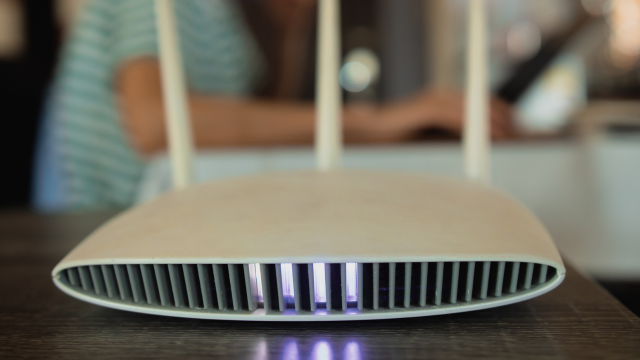Australians who are on broadband plans provided by non-NBN fixed-line networks should have more stable pricing, according to the ACCC.
This follows the consumer watchdog’s decision to make a final wholesale access determination for the declared superfast broadband access service (SBAS).
The ACCC has also stated there needs to be greater competition between retailers. TPG Telecom, which owns Vodafone Australia and Uniti Group are the two biggest suppliers of the SBAS.
They have close to one million Aussie customers, who are primarily in apartment buildings and new residential housing estates.
ACCC Commissioner Anna Brakey said they have made this access determination so the close to one million Aussies who use and rely on these networks can select from a broader range of retailers.
“The final regulation we’ve settled on contains specific price terms, benchmarked against NBN Co’s pricing, that will enable consumers and businesses to find retail offers that are similar to, or better than, those available on the NBN,” she said.
The access determination sets maximum wholesale prices and other important terms and conditions for retailers to access the networks. The regulation will apply if the network owners and retailers cannot reach satisfactory commercial agreements.
Regulated monthly prices for the 25/5 and 50/20 Mbps speed tiers will give retailers greater certainty over the access costs they pay. Because of the benchmarking against equivalent NBN access costs, retailers can develop consistent product offerings to consumers across all networks.
The changes will put downward pressure on the wholesale cost to access the entry-level 25/5 Mbps service and the popular 50/20 Mbps service. The ACCC expects the regulated price terms for the 50/20 Mbps speed tier will also constrain wholesale prices for higher speed tiers.
Internet speeds have been the topic du jour with the NBN Co last week announcing it would be speeding up its NBN 100 plans to match its NBN 500 plans.
Telstra, Optus, TPG and Aussie Broadband had mixed reviews over the NBN’s new plan, some were excited and others concerned.
What is the SBAS?
The SBAS is a declared wholesale fixed-line broadband access service provided over a ‘superfast’ broadband network (one normally capable of download speeds of 25 Mbps or more). These provide a similar service to the NBN.
Other technologies capable of providing a superfast broadband service not captured by the declared SBAS are fixed wireless, satellite, mobile, and the NBN.
Since the ACCC first declared an SBAS in 2016, the market has consolidated as larger firms acquired smaller providers.
The access determination will also regulate connection, transfer, and appointment charges for SBAS networks, which will make it easier for households to switch retailers and will limit their potential exposure to missed appointment fees or other ad hoc charges.
“We’re confident that our final decision strikes the right balance between protecting the long-term interests of consumers and allowing the network providers to earn the revenues required to continue to invest and improve their networks over time,” Brakey said.
The new access determination will come into force on 1 September 2024 and apply until 1 March 2027.
The ACCC report can be found here.
